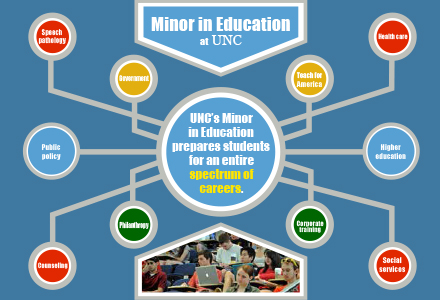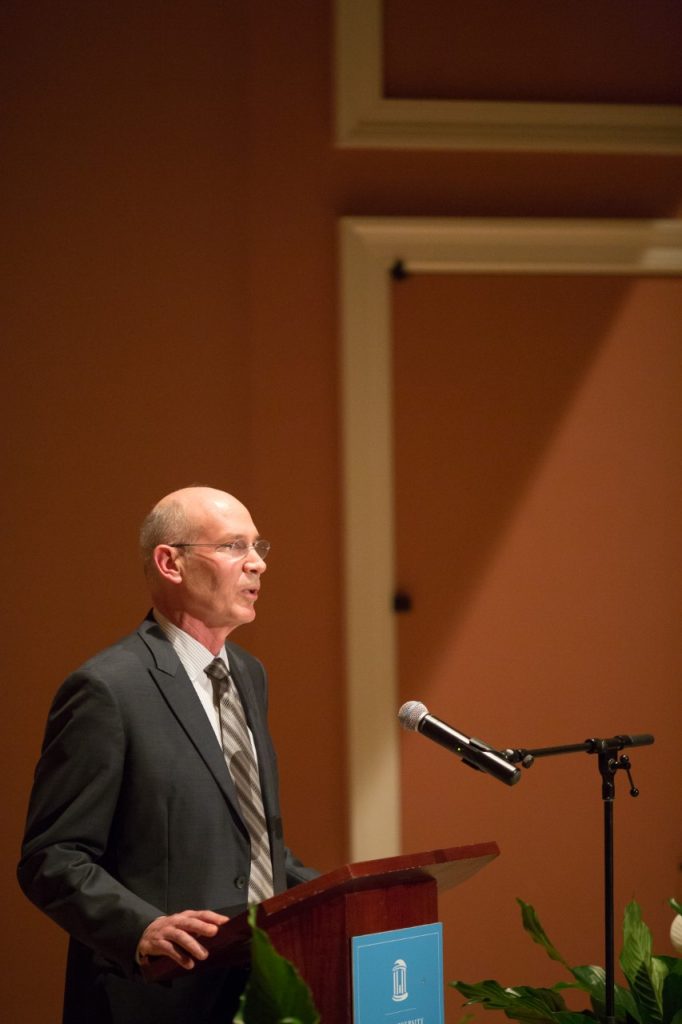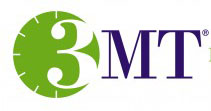 Carolina’s minor in education has reached its enrollment goal nearly three years ahead of schedule, something School of Education DeanBill McDiarmid attributes to “Carolina’s deep reservoir of students interested in educational issues.”
Carolina’s minor in education has reached its enrollment goal nearly three years ahead of schedule, something School of Education DeanBill McDiarmid attributes to “Carolina’s deep reservoir of students interested in educational issues.”
The minor launched two years ago in a partnership of the School of Education and the College of Arts and Sciences. Though the school’s main work is producing high-quality teachers, leading education administrators and counselors, and skilled educational researchers, it sought an avenue to meet the needs of other Carolina students who have demonstrated a strong interest in education, education policies and issues surrounding youth.
“The growth in this minor is evidence that our students care very much about the issues and problems surrounding education,” says George Noblit, Joseph R. Neikerk Distinguished Professor at the School of Education. “Having a broad knowledge surrounding education is helpful in many fields – not only teaching – and it sets the bar for what kinds of things are possible in education.”
Noblit said the original five-year projection for the minor was 100 enrolled students. In fall 2013, which began the minor’s third year, enrollment is 152, and the application pool exceeds the minor’s capacity.
Students take five courses in the minor – three in the School of Education, one outside the school and one Capstone course. The College of Arts and Sciences offers 15 courses in a variety of disciplines from English to sociology that can count toward the minor. Students who wish to pursue teacher certification can major in education or pursue licensure while they are earning their bachelor’s degree in mathematics or science through the UNC-BEST program. The minor can complement careers in public policy, social services, nonprofit organizations and more.
Aware of key issues
“Education needs everyone, not only teachers, to be aware of key issues. When we all know more about what benefits kids, and how kids learn best, education improves,” Noblit says.
That collective wisdom is vital, McDiarmid says, because public education faces a number of critical issues that need attention. Resource gaps leave schools in many areas of the state with less money, and also with less support for teachers, principals and superintendents. North Carolina is ranked 46th in terms of teacher salary, and the state risks losing teachers to nearby bordering states that can pay more.
“We must get at this very quickly, or we’ll have a disaster on our hands,” McDiarmid says. “You want the people who are going into the workforce to understand the problems, issues and complexities in education. You need those who can look down the road and anticipate the consequences to carrying out certain policy choices.”
Lives that intersect with education
Carolina graduates leaders, McDiarmid says, and those students will be in the position to make a difference. Their lives will naturally intersect with education.
“Many of them will go on to work in business and in government, in their communities and churches, and they are going to make decisions about education,” he says. “This minor is as much for them as it is for those who will work with Teach for America or other teacher preparation programs.”
Another benefit to the minor, McDiarmid says, was the way it opened the school to students outside the school. Because undergraduates in any major can apply to the minor, the school’s scholars were reaching a wider audience.
“We have an intellectual treasure in our faculty who before were only accessible to a small slice of the student population. This opens that treasure box,” he says.
Story by Courtney Mitchell of the University Gazette. Graphic by Melanie Busbee of University Relations.




